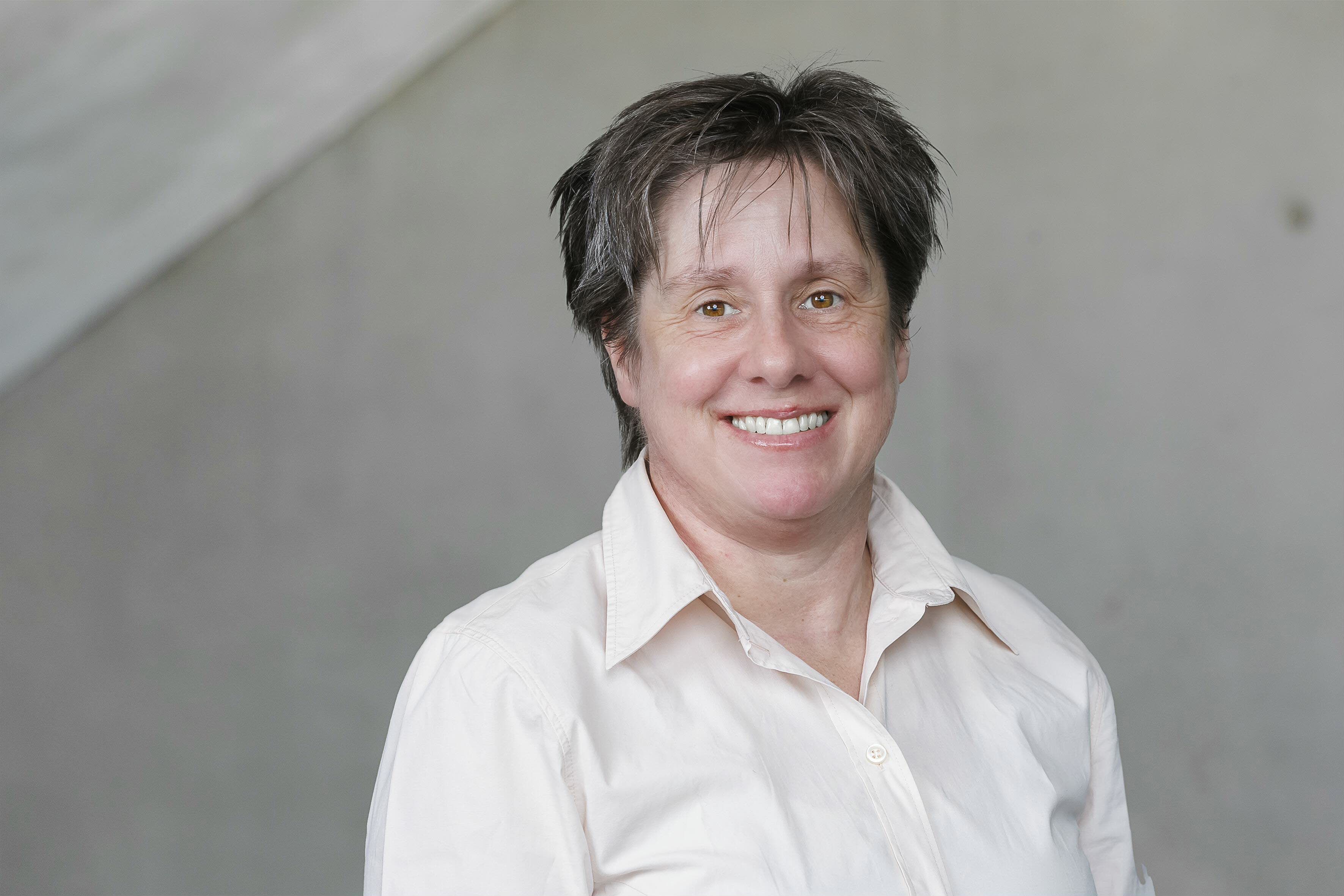01.12.2025
Research projects
Carbonation of the Future
The future of concrete recycling is taking shape here: through the targeted sequestration of CO₂ in demolition concrete, the project is investigating an innovative approach to improving the separation of aggregate and cement stone during demolition. The optimized separation of aggregate and hardened cement paste enables the recovery of valuable secondary materials and, thus, makes an important contribution to strengthening the circular economy in the construction sector in order to achieve sustainability goals.
Learn more
01.05.2025
Research projects
CO₂ capture in cement production using shaft calciner in combination with a rotary kiln
As plans are progressing for the CCUS infrastructure for transporting, storing and using CO₂, it is becoming increasingly clear that the separated CO₂ must be very pure in order to be used or stored. CC technologies are currently being planned with considerable engineering effort and electricity consumption for gas cleaning systems to separate unwanted accompanying substances. This is where this project comes in. It aims to investigate an innovative concept that could significantly reduce this effort.
Learn more
01.04.2025
Research projects
Behaviour of trace elements in modern rotary kiln systems - effects on emissions, CO₂ separation systems and the product
Precise material balances and up-to-date transfer factors are essential for evaluating trace element emissions in cement clinker production. Outdated data makes it difficult to use modern, CO₂-neutral raw materials and fuels. The project aims to update the transfer factors to support industry, the environment and climate protection.
Learn more
01.04.2024
Research projects
High-quality recycling of crushed concrete sand
In the ZIM research project, used concrete is processed in such a way as to improve the usability of all fractions generated, in particular the crushed sand and the fine fraction. To this end, tests are also being carried out on the pozzolanic reactivation of the recycled concrete fines.
Learn more
01.02.2025
Research projects
Influence of the grinding system and the internal particle size distribution on the performance of cements with calcined clays
In the IGF research project 23643 N, relationships between the particle size distribution of different cement compounds (clinker, calcined clays and limestone powder), and their reactivity and influences on cement performance are being systematically investigated.
Learn more
01.07.2024
Research projects
Performance of two-layer concrete pavers using clinker efficient cements with focus on freeze-thaw resistance
Following the recommendations of the CO₂ roadmap, a minimum of 50 % of concrete for pavers will be produced with CEM II/C or similar clinker efficient cements by 2050. Proof of their practicability for production of two-layer pavers is still pending. This research project aims to develop actions for paver manufacturers to ensure a production of concrete pavers with a high resistance to freeze-thaw attack with de-icing chemicals using clinker efficient cements.
Learn more
01.12.2025
Training
E-learning
With us, you can expand your knowledge around the production of cement and lime, as well as in the area of concrete technology. As a competent partner, we have been offering our customers individual qualification solutions since 2010. In addition to German-language online courses, we also offer English- and Russian-language courses and other services.
Learn more
01.07.2024
Research projects
Systematic application of IR spectroscopy to strengthen the circular economy in the construction industry
In this research project, IR spectroscopy in combination with mathematical tools (chemometrics) is going to be evaluated as an analytical method for the characterisation of silica based materials, primarily X-ray amorphous materials, with regard to the reliable determination of the composition of material mixtures with X-ray amorphous materials (e.g. ternary cements with calcined clay and/or recycled concrete fines). In a next step, the findings on the analytical method and evaluation routines developed for cement are going to be evaluated with regard to their transferability to siliceous aggregates for estimating its alkali sensitivity.
Learn more
01.01.2025
Research projects
Contribution of calcined clay as main constituent of cement to prevent alkali-silica reaction
The current requirements for low alkali cements mean that calcined clays can hardly be used as main constituent in such cements due to their alkali content. However, it is known that pozzolanic SCMs contribute to the prevention of ASR. The aim of the research project is therefore to systematically investigate the contribution of calcined clays to the prevention of ASR.
Learn more
01.12.2022
Research projects
REDOL - Aragon's REgional Hub for circularity: Demonstration Of Local industrial-urban symbiosis initiatives
Redol deals with closing material cycles using the city of Zaragoza as an example. The research project focuses on solid urban waste, which is an abundant source to produce circular products. Five value chains for solid urban waste in the Aragon region will be redesigned in order to be able to produce circular products using an industrial-urban symbiosis approach.
Learn more
